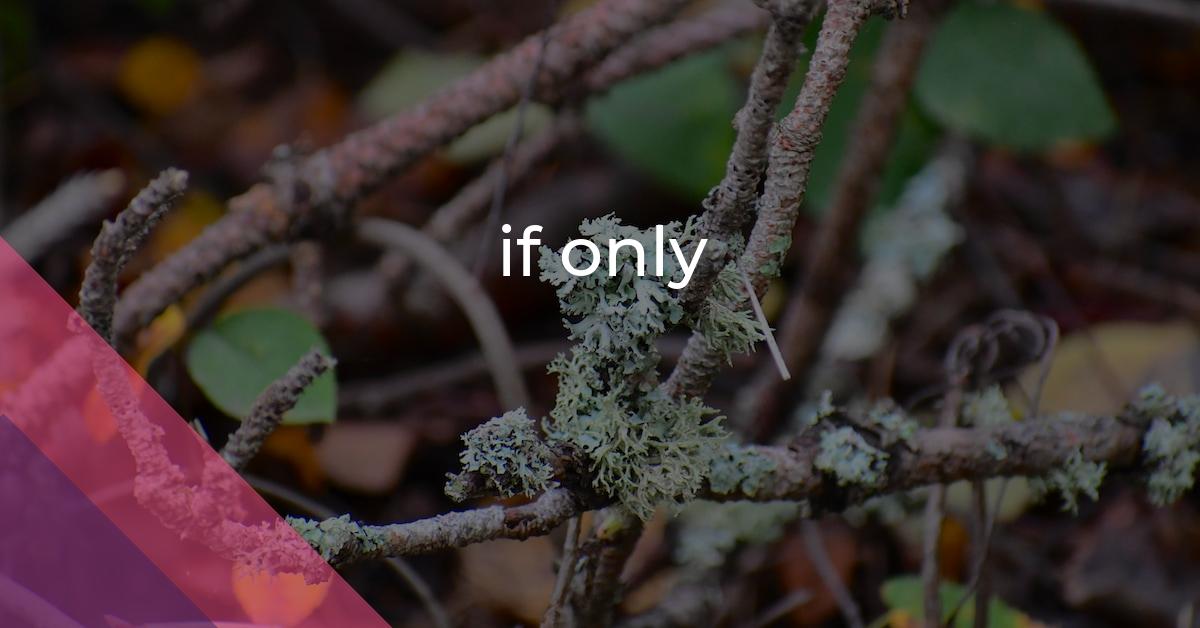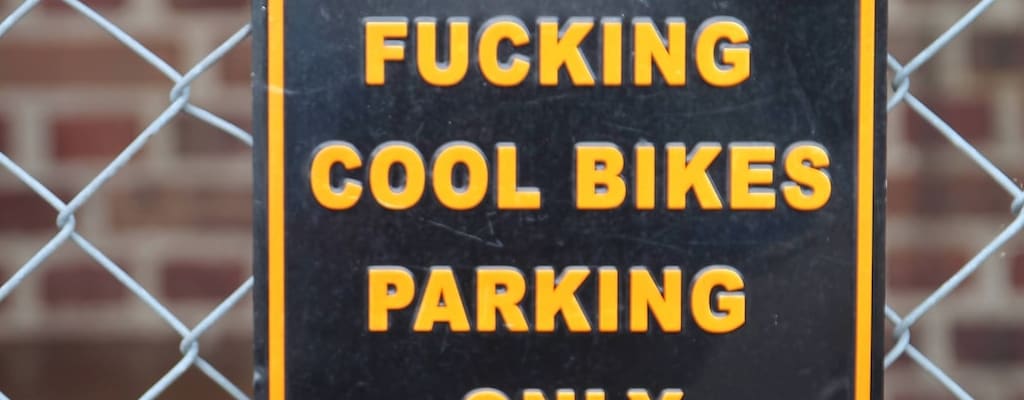if only: Idiom Meaning and Origin
What does ‘if only’ mean?
The idiom "if only" is used to express a strong wish or regret about something that is impossible or unlikely to happen. It conveys a sense of nostalgia or longing for a different outcome.

Idiom Explorer
The idiom "I wish" is used to express a desire for something that is unlikely or impossible to happen in reality. It enables people to communicate their hopes or dreams, often highlighting a contrast between what is desired and what is actually true.
The idiom "in your dreams" means that something is unlikely or impossible to happen in reality. It is often used as a dismissive response to indicate that someone's desire or suggestion is unrealistic.
The idiom "in vain" means to do something without achieving the desired outcome or result. It emphasizes the futility or lack of success in one's efforts.
The idiom "in one's wildest dreams" means beyond one's imagination or expectations, referring to something that is highly unlikely or unrealistic.
The idiom "in one's dreams" means that something is unlikely or impossible to happen. It is often used to dismiss someone's unrealistic or fanciful ideas.
The idiom "if nothing else" is used to emphasize the sole positive quality or result when everything else may not be satisfactory.
The idiom "if needs be" means that if it is necessary or required, one is willing to do something, even if it is not preferred or convenient.
Hidden Depths
The idiom "if only" is commonly used in English language and has a specific meaning. This phrase expresses regret or a wish for things to be different. It implies a desire for a different outcome, a past action that one wishes they could change, or a longing for something that is currently unattainable.
The phrase "if only" is formed by combining the conditional conjunction "if" and the adverb "only." Together, they create a phrase that indicates a hypothetical scenario or condition that, if fulfilled, would result in a desired outcome. This phrase conveys a sense of longing or frustration about a situation or event that cannot be altered.
When using "if only" in a sentence, it is typically followed by a past simple tense verb or a verb in the past perfect tense. This indicates that the desired outcome was not achieved in the past. For example, "If only I had studied harder, I would have passed the exam." This sentence expresses regret about not studying enough, which resulted in failing the exam. The use of "if only" suggests a wish for a different outcome.
The idiom "if only" can also express a present or future desire for something that is currently unattainable. For instance, someone might say, "If only I had more money, I could travel the world." Here, the speaker expresses a longing for more financial resources to fulfill their desire to travel.
Additionally, "if only" can be used to express frustration or disappointment about a situation that is not in line with one's wishes or expectations. It often conveys a sense of lament or yearning. For example, someone might say, "If only it would stop raining, we could have a picnic." This sentence reflects the speaker's desire for the rain to stop so they can enjoy a picnic outing.
On a similar note, another common idiom related to expressing wishes or desires is "I wish". The phrase "I wish" is used to talk about desires or regrets in the present or future. It is often used to express a longing for something that is currently not real or attainable. For example, someone might say, "I wish I could fly like a bird." This sentence conveys the speaker's desire to possess a capability that they do not currently have.
An alternative expression to convey doubt or uncertainty is "if anything". The phrase "if anything" is used to suggest that the opposite of what was previously stated is true or more likely. It is often used to express skepticism or to offer a contrasting perspective. For example, someone might say, "She isn't upset about the situation, if anything, she seems relieved." Here, the phrase "if anything" implies that the speaker believes the opposite of being upset is true.
Another idiom related to hypothetical scenarios is "if pigs had wings". This phrase is used to illustrate a situation that is highly unlikely or impossible. It is often used to emphasize the unlikelihood of a particular outcome. For example, someone might say, "If pigs had wings, they could fly." This statement highlights the impossibility of pigs possessing the ability to fly.
A phrase that conveys a similar sentiment to "if only" is "as if". The phrase "as if" is used to describe a situation that is contrary to reality. It is often used to express skepticism or disbelief. For example, someone might say, "He acted as if he didn't know anything about the surprise party." This sentence implies that the speaker believes the person mentioned had knowledge of the surprise party, despite their pretense of ignorance.
Lastly, the phrase "in one's dreams" is used to dismiss the possibility of something occurring. It is often used to express doubt or skepticism about a desired outcome. For example, someone might say, "You think you're going to win the lottery? In your dreams!" This statement eradicates any hope or possibility of winning the lottery.
Overall, the idiom "if only" is a commonly used expression in English to convey regret, longing, or a wish for a different outcome. It is a versatile phrase that can be used to discuss past events or express desires for the present or future. The phrase highlights the human tendency to reflect on alternative possibilities and contemplate the consequences of different choices. It encapsulates the complexity of human emotions and the perpetual yearning for different circumstances.
Example usage
Examples of how the idiom *if only* can be used in a sentence:
- If only I had studied harder, I would have passed the exam.
- If only it would stop raining, we could go for a walk.
- If only she had listened to his advice, she wouldn't be in this mess.
More "Regret" idioms



